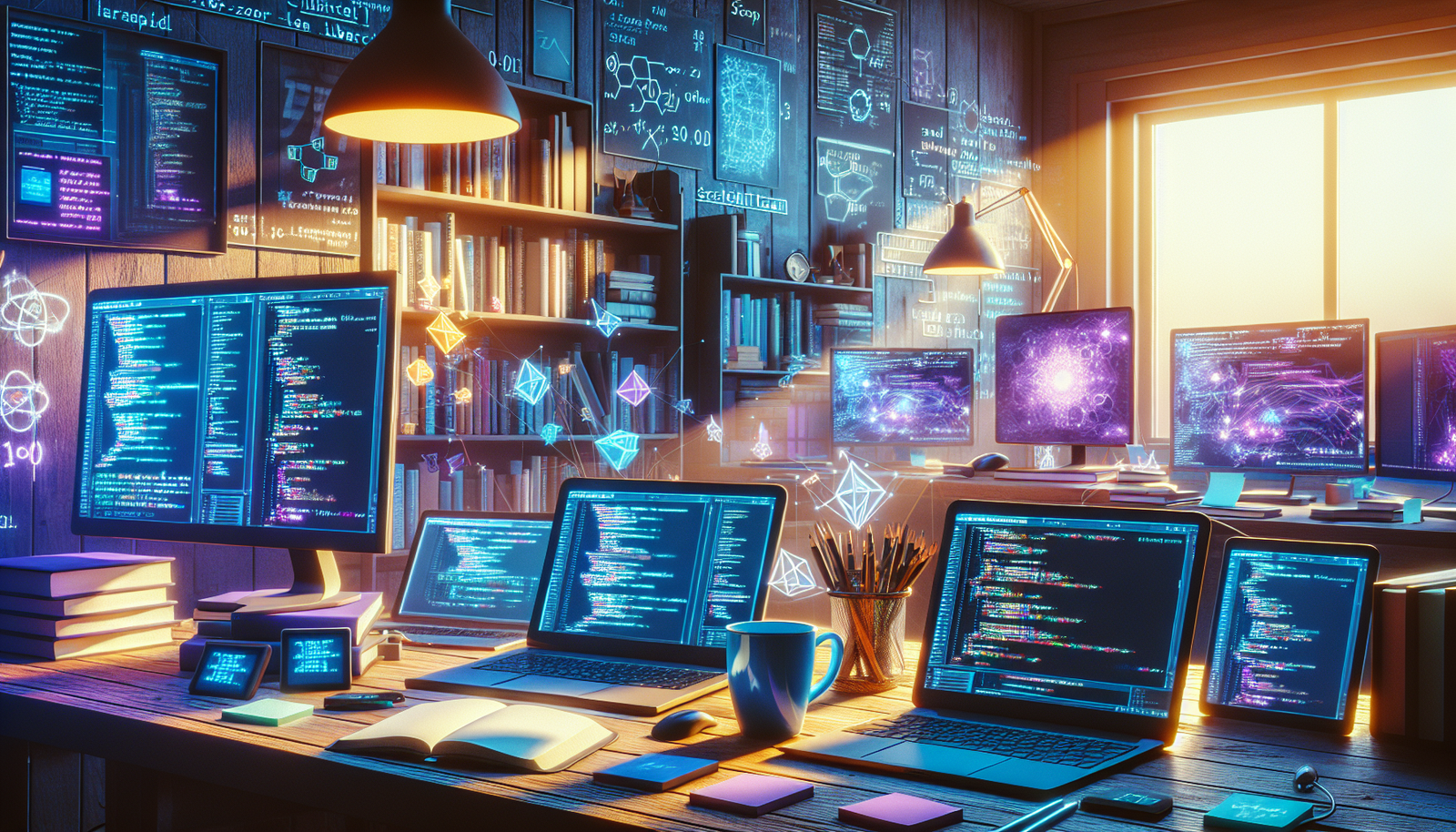Preserving source code is a vital challenge. In the face of an exponential proliferation of software, preservation becomes essential for future generations. Software Heritage embodies this ambition of protection. At the same time, Scikit-learn stands out as an essential artificial intelligence tool. These two initiatives transcend traditional boundaries of computing, offering a true synergy for open science. At a time when technological innovation shapes our world, the preservation of knowledge and tools becomes an unavoidable requirement.
Software Heritage: source code archives
Launched in 2016 by Inria, Software Heritage represents a bold ambition: to build a universal and lasting archive of source code for software. Modern computing relies on thousands of lines of code, which Robert Di Cosmo, its initiator, considers to be the new cultural heritage. This project aims to collect, preserve, and share all software published in the form of source code.
Today, this initiative holds approximately 22 billion codes, representing nearly 340 million projects. The collection rate is impressive, with the volume doubling every two years. These data are not just archived; they are verified by automatic systems, ensuring their integrity and accessibility.
Role in open science
Software Heritage plays a central role in the field of open science. Access to source codes facilitates collaboration among researchers, allowing for the dissemination of results and data. Experiments can be reproduced, thereby strengthening the scientific validity of the work.
Moreover, these archives contribute to cybersecurity. By providing a standardized reference, they allow for discerning the origin of codes and ensuring their authenticity. Researchers can thus detect any alterations and refine their research models.
Scikit-learn: the machine learning tool
At the same time, the Scikit-learn library, also developed under the auspices of Inria, remains a reference in the field of machine learning. Established in 2007, it brings together a multitude of tools and techniques for data analysis and processing. Its popularity is based on its ease of access and efficiency, allowing both beginners and experts to take advantage of its features.
The open-source compliance of Scikit-learn also contributes to its success. Its abundant documentation and tutorials make complex concepts more accessible, thus encouraging a wide audience to take an interest in artificial intelligence. This library is, in a way, the practical counterpart to the Software Heritage initiative, as it allows for the direct application of the theoretical concepts of preserved source code.
Synergy between Software Heritage and Scikit-learn
These two initiatives enrich each other mutually. The codes retrieved by Software Heritage provide a solid foundation for machine learning algorithms, such as those integrated into Scikit-learn. By using heterogeneous databases, developers can design more robust and diverse AI models.
This synergy demonstrates that the preservation of source code is not only a necessity for the future but also a driver of innovation. Thanks to an archive like Software Heritage, tools like Scikit-learn become valuable instruments for current and future research.
Perspectives for the future
At a time when artificial intelligence holds a prominent place in scientific research, the merging of these two projects constitutes an exceptional lever. The stakes concerning access to information and knowledge sharing have never been more crucial. Inria’s commitment to these initiatives lays the foundations for a future where open source and collaboration take on full significance.
The societal stakes related to this technological evolution compel every actor to rethink their practices. Thus, a better understanding and optimized use of archived resources could invigorate the sector, particularly in terms of innovation. The challenge remains to ensure that source code endures while remaining accessible to all generations of developers.
Conclusion on the importance of code preservation
These initiatives establish solid foundations for what could be described as the Alexandria Library of source code 2.0. They underscore the necessity of preserving not only the code but also promoting equal access to technological knowledge. Only a collaborative approach can ensure a future where software development will be particularly democratized.
FAQ about Software Heritage and Scikit-learn
What is Software Heritage?
Software Heritage is an initiative aimed at collecting, preserving, and sharing all publicly available software in the form of source code. This project, launched by Inria, aspires to create an Alexandria Library for source code.
How does Software Heritage contribute to research?
Software Heritage provides access to a vast reservoir of software, thus facilitating research work in open science by allowing researchers to access the tools and codes necessary for their studies.
What types of software are collected by Software Heritage?
Software Heritage collects all types of software that are publicly available, including development tools, frameworks, libraries, and open-source projects.
How does Scikit-learn relate to Software Heritage?
Scikit-learn is an open-source Python library for machine learning that benefits from the skills and resources of Software Heritage. Together, they promote innovation and knowledge sharing in the field of artificial intelligence.
Why is it important to preserve the source code of software?
Preserving source code is essential to ensure the longevity of software, facilitate research, maintain security, and ensure the integrity of the systems upon which our technological infrastructures rely.
How can I contribute to Software Heritage?
You can contribute to Software Heritage by submitting your public software projects to the platform, participating in discussions about code preservation aspects, or supporting initiatives related to open source.
What are the benefits of using Scikit-learn for AI application development?
Scikit-learn offers a simple and consistent interface for building machine learning models. Its extensive documentation and active community facilitate learning and the implementation of artificial intelligence solutions.
How does Software Heritage handle cybersecurity issues related to source code?
Software Heritage ensures the security of collected codes by using automation processes to verify the integrity of files, allowing for tracing code authors and maintaining standardized references.






